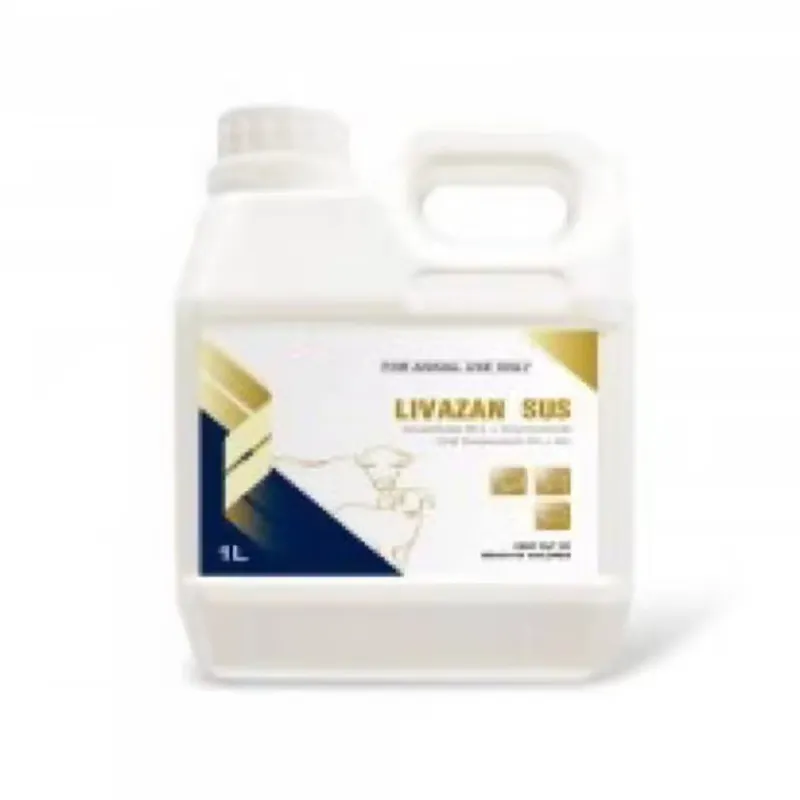- Afrikaans
- Albanian
- Amharic
- Arabic
- Armenian
- Azerbaijani
- Basque
- Belarusian
- Bengali
- Bosnian
- Bulgarian
- Catalan
- Cebuano
- Corsican
- Croatian
- Czech
- Danish
- Dutch
- English
- Esperanto
- Estonian
- Finnish
- French
- Frisian
- Galician
- Georgian
- German
- Greek
- Gujarati
- Haitian Creole
- hausa
- hawaiian
- Hebrew
- Hindi
- Miao
- Hungarian
- Icelandic
- igbo
- Indonesian
- irish
- Italian
- Japanese
- Javanese
- Kannada
- kazakh
- Khmer
- Rwandese
- Korean
- Kurdish
- Kyrgyz
- Lao
- Latin
- Latvian
- Lithuanian
- Luxembourgish
- Macedonian
- Malgashi
- Malay
- Malayalam
- Maltese
- Maori
- Marathi
- Mongolian
- Myanmar
- Nepali
- Norwegian
- Norwegian
- Occitan
- Pashto
- Persian
- Polish
- Portuguese
- Punjabi
- Romanian
- Russian
- Samoan
- Scottish Gaelic
- Serbian
- Sesotho
- Shona
- Sindhi
- Sinhala
- Slovak
- Slovenian
- Somali
- Spanish
- Sundanese
- Swahili
- Swedish
- Tagalog
- Tajik
- Tamil
- Tatar
- Telugu
- Thai
- Turkish
- Turkmen
- Ukrainian
- Urdu
- Uighur
- Uzbek
- Vietnamese
- Welsh
- Bantu
- Yiddish
- Yoruba
- Zulu
Dùbh . 13, 2024 05:41 Back to list
Injectable Ivermectin for Cattle Use and Benefits in Livestock Management
Ivermectin Injectable for Cattle An Overview
Ivermectin is a widely recognized antiparasitic drug used in both human and veterinary medicine. In the cattle industry, it plays a crucial role in maintaining livestock health and productivity. As cattle are susceptible to various internal and external parasites, the use of ivermectin injectable formulations has become a standard practice to ensure optimal growth, production, and overall wellbeing.
What is Ivermectin?
Ivermectin is derived from a class of compounds known as avermectins, which are produced by the fermentation of the soil bacterium Streptomyces avermitilis. It works by interfering with the parasite's nervous system and muscle function, leading to their paralysis and eventual death. Ivermectin is effective against a wide range of parasites, including roundworms, lungworms, scabs, and certain ectoparasites like lice and mites.
How is Ivermectin Administered?
Ivermectin for cattle is usually available in several forms, including injectable, oral, and topical preparations. The injectable form is particularly favored due to its rapid absorption and systemic distribution, which ensures a prompt therapeutic effect. It is typically administered subcutaneously (under the skin) or intramuscularly (into the muscle). Proper administration technique is vital to prevent injuries to the animal and ensure the drug's efficacy.
Dosage and Treatment Protocol
The dosage of ivermectin varies depending on the specific formulation and the type of parasites being targeted. Generally, the standard dose is around 200 micrograms per kilogram of body weight. It's essential for farmers and veterinarians to follow label instructions and consult with livestock health professionals to determine the appropriate dosage and treatment frequency.
Benefits of Ivermectin Injectable for Cattle
1. Wide Spectrum of Activity One of the primary advantages of ivermectin is its effectiveness against a broad array of parasites. This versatility is beneficial for cattle that may be exposed to multiple parasitic infections simultaneously.
ivermectin injectable for cattle

2. Ease of Use The injectable form of ivermectin is convenient for farmers, allowing for easy administration and quick action. This is particularly important during peak seasons when livestock may face increased parasitic loads.
3. Improved Livestock Health By controlling parasite infestations, ivermectin helps improve the overall health of cattle. Healthy animals have better weight gain, reproductive performance, and milk production, ultimately benefiting the entire livestock operation.
4. Reduced Chemical Residues Ivermectin has a relatively short withdrawal time, which means that cattle can be treated and still be eligible for market and milk production in a short period. This reduces concerns about chemical residues in meat and milk.
Safety and Side Effects
While ivermectin is generally regarded as safe when used according to the manufacturer's guidelines, like any medication, there are potential side effects. Some cattle may experience mild reactions at the injection site, such as swelling or sensitivity. In rare cases, allergic reactions can occur. It's crucial for cattle owners to monitor their livestock after treatment and seek veterinary advice if any adverse reactions are observed.
Resistance and Management Strategies
One of the growing concerns in parasitology is the development of resistance to antiparasitic drugs, including ivermectin. To combat this issue, it is vital for cattle producers to implement integrated parasite management strategies. These can include rotating dewormers, using different classes of drugs, and adopting effective grazing management practices to reduce the likelihood of parasitic infestations.
Conclusion
Ivermectin injectable for cattle is a powerful tool in the fight against parasitic infections. Its ease of use, wide spectrum of activity, and benefits to livestock health make it a staple in veterinary medicine. However, with the challenges of resistance management, it is essential for cattle producers to stay informed and adopt comprehensive strategies to ensure the continued efficacy of ivermectin and the welfare of their herds. As the livestock industry continues to evolve, the responsible use of antiparasitic drugs will remain a critical component of successful cattle management practices.
-
Guide to Oxytetracycline Injection
NewsMar.27,2025
-
Guide to Colistin Sulphate
NewsMar.27,2025
-
Gentamicin Sulfate: Uses, Price, And Key Information
NewsMar.27,2025
-
Enrofloxacin Injection: Uses, Price, And Supplier Information
NewsMar.27,2025
-
Dexamethasone Sodium Phosphate Injection: Uses, Price, And Key Information
NewsMar.27,2025
-
Albendazole Tablet: Uses, Dosage, Cost, And Key Information
NewsMar.27,2025













